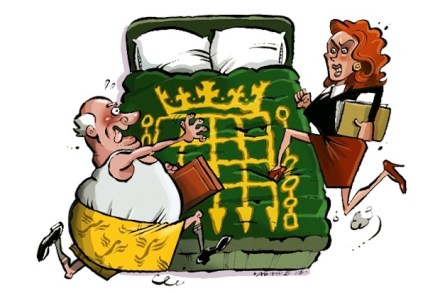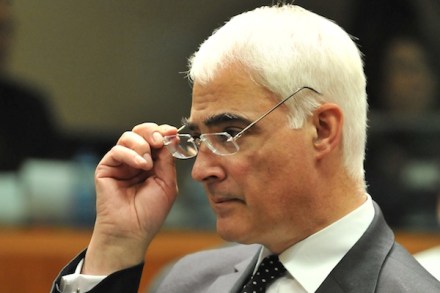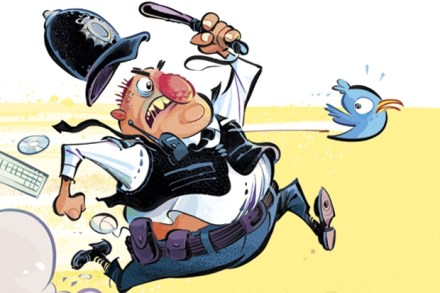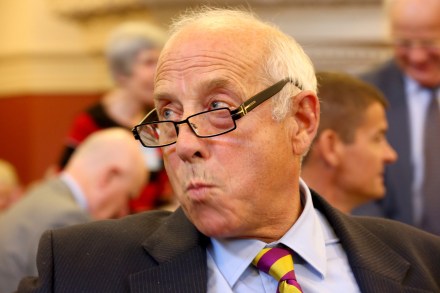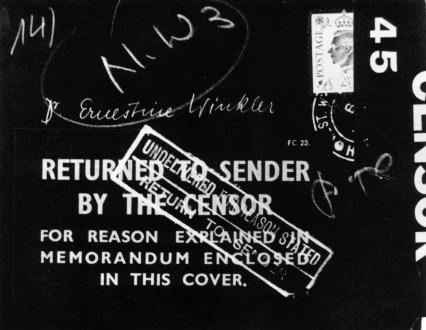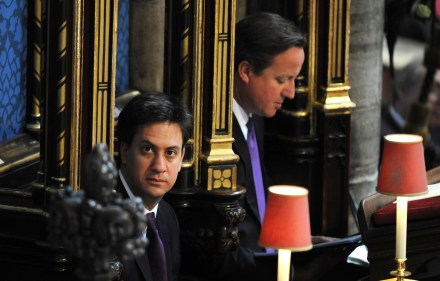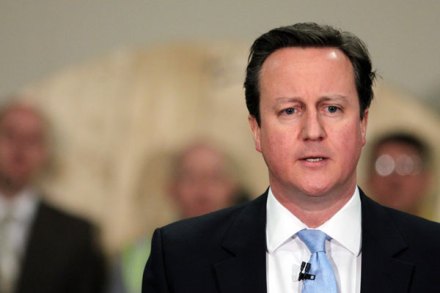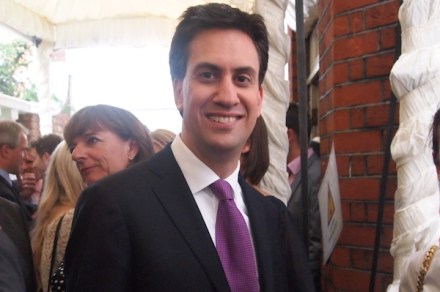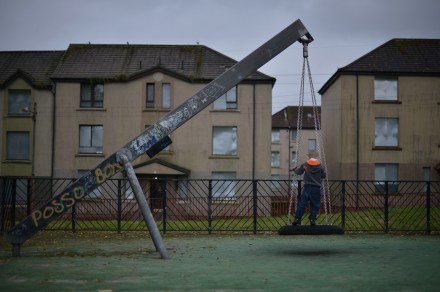MPs grope men too
[audioplayer src=”http://traffic.libsyn.com/spectator/TheViewFrom22_23_January_2014_v4.mp3″ title=”Alex Wickham discuss Westminster’s wandering hands with Miranda Green” startat=790] Listen [/audioplayer]As I walked out of the bar, I noticed a Conservative MP following me. It had been an evening for young political activists, mostly teenage boys, and it was drawing to an end. I pretended to be engrossed in my phone, but the MP — well-liked, universally respected — lurched towards me, placing his arm around my waist and leaning in close. I could smell the whisky and cigars on his breath. ‘I’m just going to the toilet,’ he slurred, winking and gesturing at the gents. I had only worked in and around Parliament for a year, but
